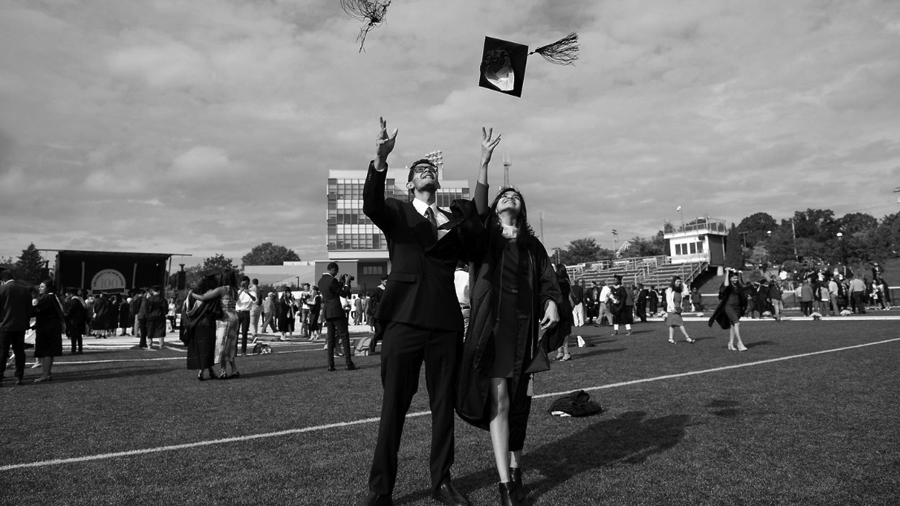With Islam being the world’s second largest religion after Christianity, it is important to learn and understand different religions throughout the world. More than one billion people are followers of Islam, which originated in Arabia. Now, since this religion has spread all over the world to countries such as Indonesia, Pakistan, Bangladesh, Nigeria, Egypt, etc., and there are an estimated seven million Muslims in the United States, it is important to learn about some of the traditions, customs, and holidays that this large group of people partakes in. One of these more important events is known as Ramadan, the holy month of fasting and prayer.
Ramadan falls every year during the ninth month of the twelve month Islamic calendar: a lunar calendar based on the phases of the moon. This lunar calendar only falls short eleven days of the solar calendar, a reason why Ramadan does not start on the same date each year, passing through all of the seasons. The month in which Ramadan falls is celebrated as the month during which Muhammad received the revelations that became the Quran (or Koran).
Muslims believe that Muhammad started receiving revelations from God, or Allah, via the angel Gabriel. These revelations were collected into the holy book, in which Muslims believe contains the exact words of God. For Muslims, there are a series of formal acts of worship, known as the Five Pillars of Islam that are fundamental to their lives. The pillars include: the declaration of faith that there is only one God and that Muhammad is his messenger, prayer, charitable giving, fasting, and a pilgrimage to the city of Mecca (made at least once in a lifetime if the person is physically and financially able).
During the month of Ramadan, Muslims fast (one of the Five Pillars of Islam) each day from dawn to dusk. During that time, they are supposed to avoid eating, drinking, smoking, and sexual activity. The purpose of this time is to practice self-restraint and self-reflection. However, Muslins go to work and school and partake in their usual activities during this time of Ramadan. All Muslims who have reached puberty and are in good health are required to fast. Exempt from this include the sick, elderly, travelers, and pregnant women. They are exempt with the idea that they will make up for the missed fast days in the future or help feed the poor.
The end of Ramadan is known as Id al-Fitr, and it is a major celebration that means “the Feast of Fast-Breaking.” This feast begins the day after Ramadan ends and will last for three days. During this time, special prayers are said and meals are shared with family and friends. Gifts are also often exchanged.
In 1996, first lady Hillary Clinton hosted the first Id al-Fitr dinner at the White House. President Bill Clinton continued the tradition throughout the rest of his time in office. His successor, President George W. Bush hosted an iftar at the White House in 2001 and continued the dinners every year of his two terms. President Barack Obama hosed his first White House Ramadan dinner in August 2010. This summer, Ramadan began on August 1, 2011, and Id al-Fitr began on August 31, 2011.




